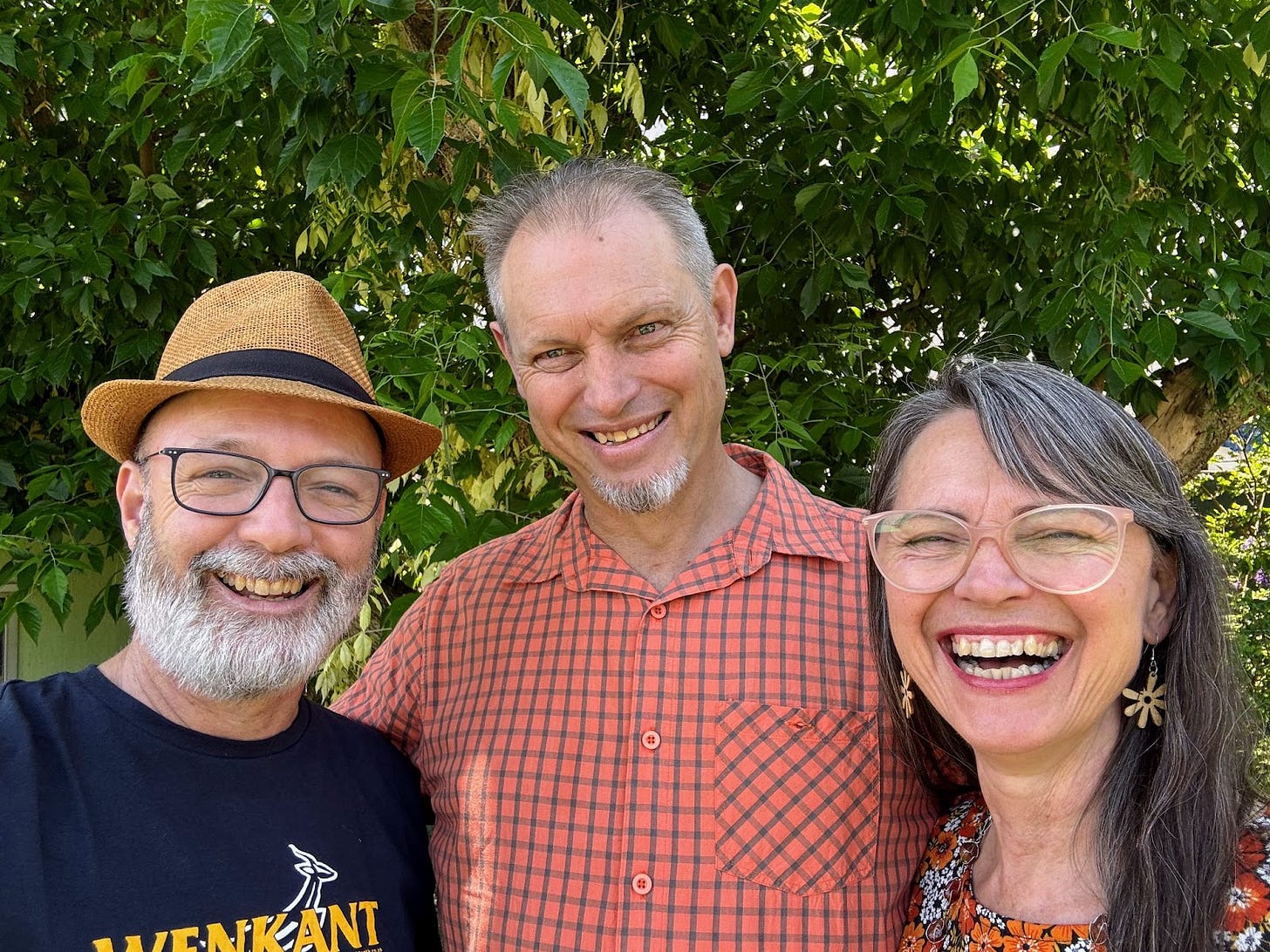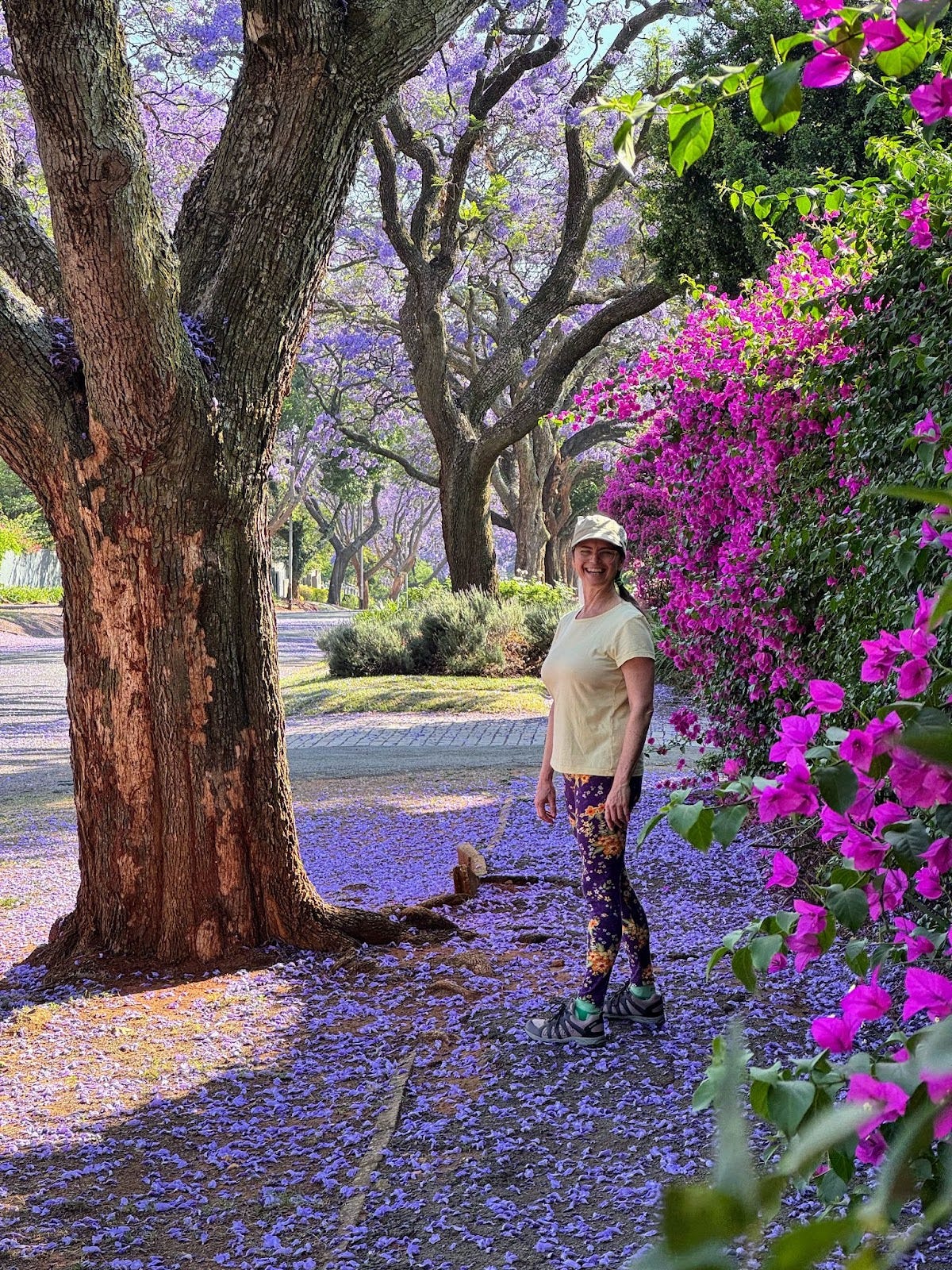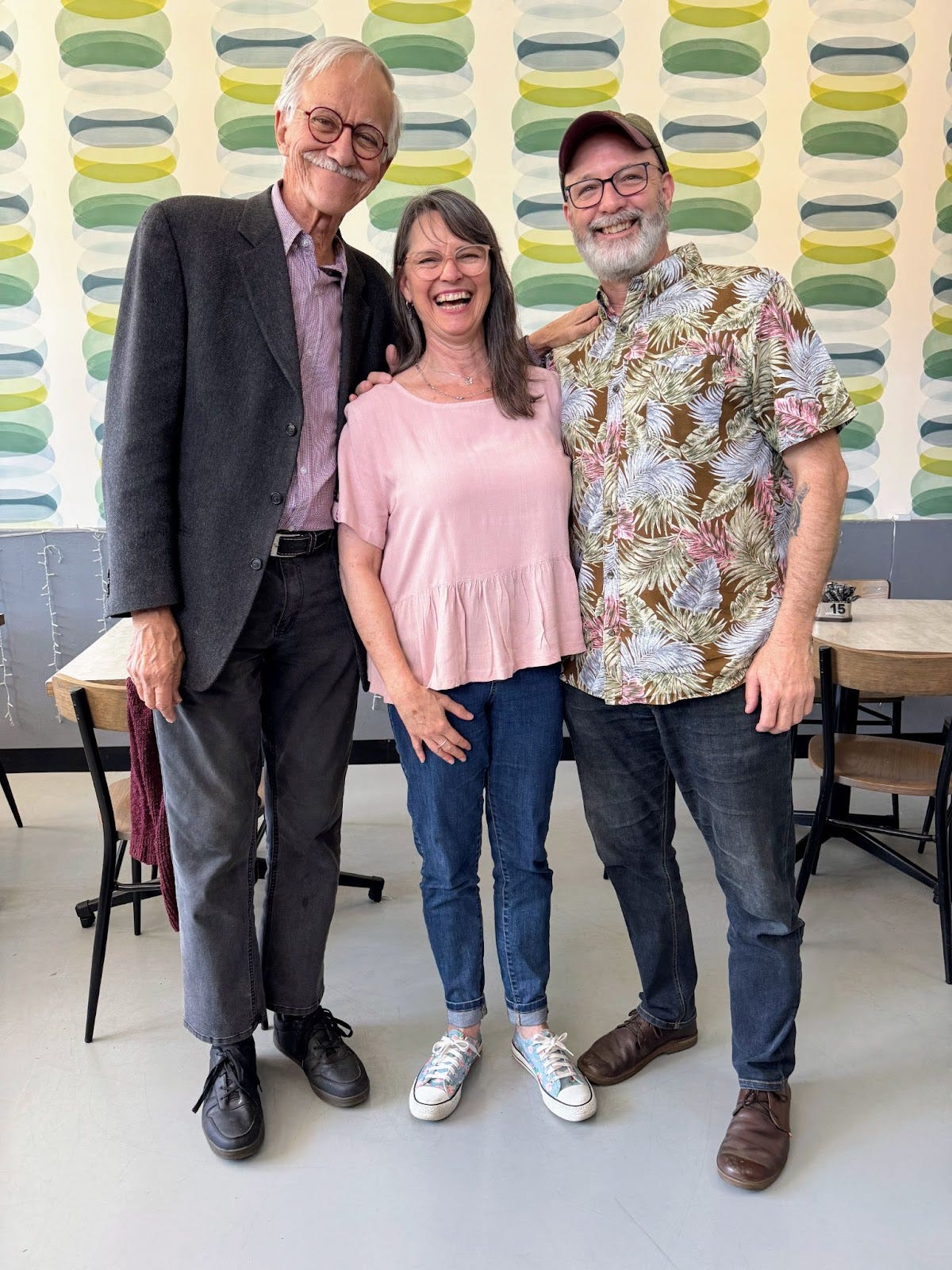You don’t know until you take action
A challenging rescue of a vulnerable adult reminds us: life is to be lived, not just planned. True understanding comes through action and experience.
Enabling The How #191. Reading time: 7 minutes 20 seconds
If you are a parent you will know the constant nagging concern that circles around your head even when you know that your children are safe and okay. You want your children to make good friends, you want them to explore and gain more independence as they go from child to adolescent to young adult. You want them to take risks but not too many or too big. You want them to grow and develop and become healthy, productive, well balanced adults.
That is what we want and then, for some, fate, circumstance, call it what you will, steps in and there is a drastic course change. It could be a car or other accident, it could be a dread disease. The path that was being trod is forcefully upended and lives are altered. With the upheaval, the messiness, the grief and despair there may also be slow movement and slow improvement but never a return to what was. As hard as it is, this can be eventually accepted, and a “new normal” created.
This is what transpired with Chantal’s brother, who in 1999, at the age of 33, had a car accident which left him head injured, with a limp, short term memory loss as well as impairment to his executive functioning. The “new normal” involved weekly sessions at Headway, gym, art classes, and bowls.
Somewhere along his journey he met a woman who became more than a friend. There were concerns but her influence appeared to be contained. Until it was not.
Slowly it was revealed
Slowly what has been revealed is that this woman is an addict, painkillers being her poison of choice. She does not work and has used Chantal’s brother for money to purchase more drugs when she cannot get enough using his medical aid. She not only used the pain medication for herself but gave it to Chantal’s brother too.
The relationship was showing up as an emotionally abusive one with the girlfriend isolating her brother more and more from family and friends, activities and engagements. Messages retrieved from his phone revealed insults, verbal attacks and humiliating comments from the girlfriend when she did not get her way, was not attended to in time or if a visit was not accommodated.
The girlfriend constantly monitored what he was doing, where he was going and who he was seeing and convinced him to drop one activity after the other and rather spend the time with her. She criticised and threatened him and his family accusing them of all kinds of atrocities including theft and neglect.
As his curator, Chantal has full responsibility for her brother’s safety and wellbeing. The relationship with the girlfriend was not safe, and although he protested otherwise, it was not good for his well being.

Wanting to do the right thing
Wanting to do the right thing, we involved a social worker, who like most social workers was overworked. She took on this additional case that she really could not manage. She did her best but there were frustrating delays that stretched over months. Mistakes and oversights could have been avoided if there was clearer communication. But it is often clarity that goes out the window when our brains are consumed by juggling multiple tasks and expectations.
Things came to a head when agreements with the girlfriend were not only flouted but accompanied by hostile threats. The only way to keep Chantal’s brother safe meant breaking all contact with the girlfriend. A risky and unpleasant task in a now critical situation. Not knowing what was going to happen we had to take action.
Naturally the brother was livid that he was being stopped from his normal visit. He had no appreciation of the severity of the situation, and only wanted to spend time with his girlfriend “even if she drugs me.” He rumbled and broiled, mooched and sulked. Then thundered some more, loud but not violent. Thankfully.
“He is a bit like a ten year old who wants to jump off the roof, with no understanding of the potential implications. So what if Mom or Dad have to pick up the pieces, rush to hospital to mend the broken bones,” said Chantal recounting her experience to Matthew who had just come out of a coaching session.
“Yes, he doesn’t care but you do,” remarked Matthew.
Fate played into our hands with a phone charger that had gone missing resulting in a flat battery and no contact. This break in contact was key. No vitriol, no insults, no demands could fly through the network and land in his ear or anyone else’s. No gaslighting.
No stories of being sick, of cancer or grand mal seizures, all fabricated and untrue, to make him feel bad and want to rush to her side. Just phone silence. With the silence Chantal’s brother slowly returned to himself, returned to the quiet, social, interactive person we know him to be.

The first rule
In an interview with Mark Divine, a retired navy SEAL commander, Dr. John Sullivan, a sport scientist and clinical sport psychologist, said, “You know, the first rule of war is your plan will not survive first contact with the enemy. So you must train variability and the ability to be flexible.”
“I couldn't agree more,” replied Mark, “...We’ve got a broad vision of what the mission parameters look like, but there is no perfect solution, ever. And it can actually be a pretty messy solution. Oftentimes.”
On our side, we had no idea how our plan to extract the brother out of the clutches of his abuser was going to unfold. We had some ideas, plots and schemes, many of them. We took a deep breath and took action.
It had taken time to get to this place. We had reached out to an assortment of people to get advice and ask for assistance. There were several moments of feeling stuck and afraid. Of being uncertain and worried about the fallout. These moments detained us, our foot poised to step but held aloft doubtful and hesitant.
As expressed by Dr John Sullivan and Mark Divine, you can be as theoretical as you like, you can have the best, most comprehensive plan in the world but life will always show you or bring you something you didn’t account for. In our case a call by the police about a missing person case laid by the girlfriend. Chantal was able to attend to it carefully and deftly ensured that the whereabouts of her brother was not disclosed to the ranting woman heard through the phone.

Life wants you to live it
It is as if life wants you to live it, not theorise about it or try and manage it. It is about the experience. You can’t know until you take action. In this instance we have, and will continue, to take action as it is not over yet. There is more to do, more to put in place. More to mitigate and manage, even as we know we can’t account for all eventualities.
It has been and continues to be a challenging time and we know we would never be able to do this if we had not had the mental and emotional capacity for it. We’ve had to weather the outbursts and the irrational arguments, the lack of accountability taken by the girlfriend and the continued concern about what she will do to find a way to make contact again.
It’s a reminder that in order to be able to face what life throws at us, the training must include building inner capacity. It is crucial to develop and sustain mental and emotional fitness to not only deal with the uncertainty that is life but also those extraordinary tests and trials that are sent our way.
As Mark Divine observes, “we’re trained for mission accomplishment, and we’re flexible on how that occurs.”
This resonates with our approach that says when we do the inner work and train for emotional fitness we will increase our inner capacity so that we have a clear head to formulate plans, the courage to take the actions required as well as the flexibility to face the outcome of the action taken and course correct if necessary. By doing the inner work we aim to build a flexible and adaptable way of being that can meet any of the challenges that come our way.
Until next time.
Yours in feeling,
Matthew & Chantal





